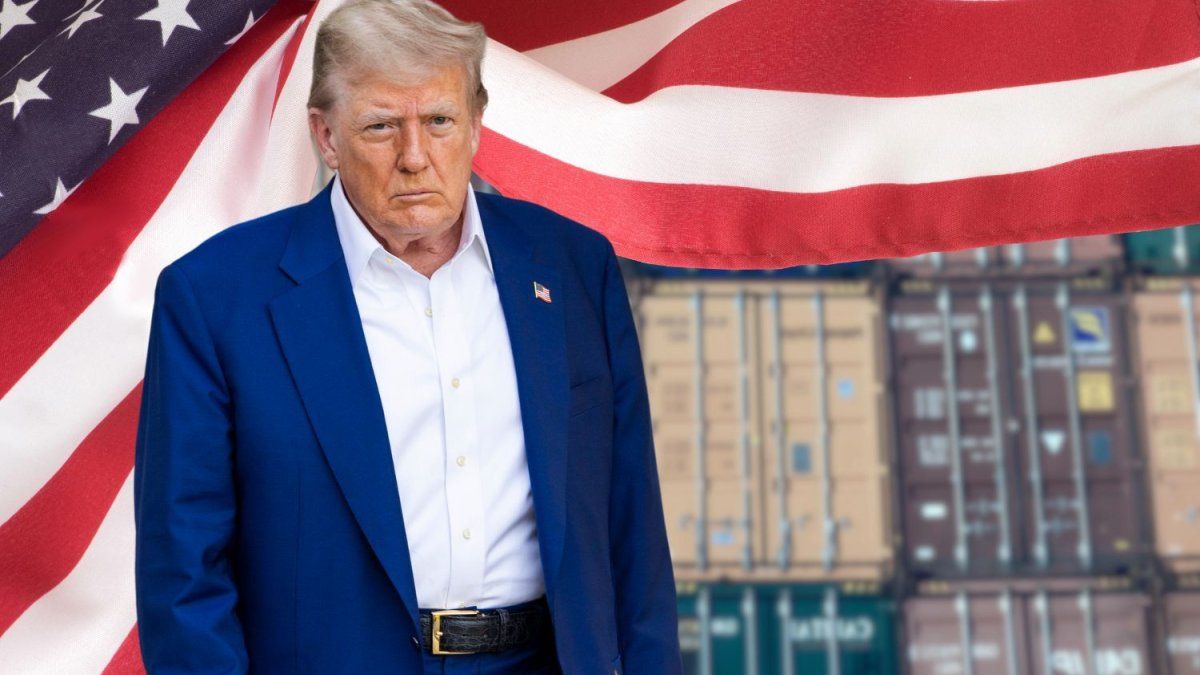Israel’s military is taking action against militant Palestinians in the West Bank. The UN Secretary General is calling for “the greatest possible restraint”. EU chief diplomat Borrell has an explosive proposal.
UN Secretary-General António Guterres has expressed his deep concern about the explosive situation in the West Bank and Israel’s large-scale military operation in the occupied territory. “He condemns in the strongest possible terms the loss of human life, including that of children,” said his spokesman Stéphane Dujarric. Guterres is calling for an immediate end to the operations.
An Israeli army spokesman justified the action, in which Palestinian sources say at least ten people have been killed so far, with the significantly increased number of attacks on Israelis. At the same time, violence by extremist Israeli settlers in the West Bank has also increased.
EU chief diplomat presents proposal for Israel sanctions
EU foreign policy chief Josep Borrell has submitted a proposal to the governments of the 27 EU states for sanctions against Israel’s right-wing extremist finance minister Bezalel Smotrich and the equally right-wing extremist police minister Itamar Ben-Gvir for inciting hatred and human rights violations, as several EU officials confirmed to the German Press Agency shortly before today’s meeting of EU foreign ministers. The two Israeli government members are advocates of the settlement policy in the occupied territories in the West Bank, which the highest UN court considers illegal. However, it is still unclear whether and, if so, when Borrell’s proposal will be implemented.
The US government is imposing further sanctions because of extremist settler violence, this time against the Israeli non-governmental organization Hashomer Yosh. At the end of January, the residents of the Palestinian Bedouin village of Khirbet Zanuta near Hebron were forced to leave, the US State Department announced. Volunteers from the NGO then fenced off the village and prevented the residents from returning. The USA has already sanctioned settlers in the West Bank several times.
“Extremist settler violence in the West Bank causes great human suffering, harms Israel’s security and undermines prospects for peace and stability in the region,” the ministry said. “Israel views the imposition of sanctions against Israeli citizens with the utmost seriousness,” the office of Israeli Prime Minister Benjamin Netanyahu said. The matter is being discussed with the United States.
Israel’s army: Operation targets terror network
According to Israel, the target of the large-scale operation in the West Bank – especially in Jenin and Tulkarem – is an Iranian-backed terror network. Both cities are considered strongholds of militant Palestinians. Since the beginning of the Gaza war almost eleven months ago, around 150 attacks with firearms and explosives have been carried out on Israelis from there alone, according to a military spokesman. The unrest and the increasing violence of Israeli settlers against Palestinians threatened to turn the West Bank into another major battlefield, wrote the Wall Street Journal – in addition to the Gaza war and Israel’s confrontations with the Hezbollah militia in Lebanon.
“It will reach a boiling point,” a military analyst at the Institute for National Security Studies in Tel Aviv told the US newspaper about the general situation in the West Bank. The Israeli military and security authorities are “very concerned about what is going on there.” Israel’s Foreign Minister Israel Katz said on Platform X: “We must deal with the threat in the same way as we deal with the terror infrastructure in Gaza, including the temporary evacuation of Palestinian civilians.” It is “a war in every sense, and we must win it.” An army spokesman said he was not aware of any possible evacuation plans for the civilian population in the northern West Bank.
Scholz: Break the spiral of retaliatory violence
Chancellor Olaf Scholz (SPD) agreed with Egypt’s President Abdel Fattah al-Sisi on the phone that “now more than ever it is important to break the destructive spiral of retaliatory violence in the region,” as government spokesman Steffen Hebestreit announced in Berlin afterwards. Both emphasized the importance of an agreement to release the hostages and a ceasefire in the Gaza Strip. They also agreed in their rejection of illegal settlement construction in the West Bank and in their “clear condemnation of extremist settler violence and any attempt to expel people from the Palestinian territories,” the spokesman said.
According to information from the “Times of Israel,” Israel’s military operation in the West Bank could last even longer. According to sources in the army, it is planned to last several days. UN Secretary-General Guterres called on the security forces to “exercise the greatest possible restraint and to use lethal force only when it is absolutely unavoidable to protect human life,” his spokesman continued. Ultimately, only an “end to the occupation and a return to a meaningful political process that brings about a two-state solution can bring an end to the violence,” Guterres’ spokesman continued.
Gaza negotiations to continue
Meanwhile, the fighting in the Gaza Strip continues, as do efforts to reach a ceasefire and release the remaining hostages held by Hamas. An Israeli delegation was due to travel to the Qatari capital Doha for further talks on an agreement with Hamas. The indirect negotiations, in which Qatar, Egypt and the USA mediate between the conflicting parties, have been at a standstill for months. Israeli forces have meanwhile found the body of an Israeli soldier in the Gaza Strip and brought it back to Israel.
The man was killed on October 7 during the Hamas massacre in the Israeli border region, according to a statement by the army, the Israeli secret service Shin Bet and the police. According to Israeli figures, Hamas still has 107 hostages in its power. At least a third of them are considered dead. The massacre, in which terrorists from Hamas and other extremist groups killed more than 1,200 people and abducted more than 250 others to Gaza, was the trigger for the war.
According to the Hamas-controlled health authority, more than 40,400 people have been killed in Israel’s subsequent offensive in the sealed-off coastal strip. The number, which cannot be independently verified, does not distinguish between fighters and civilians.
Source: Stern
I have been working in the news industry for over 6 years, first as a reporter and now as an editor. I have covered politics extensively, and my work has appeared in major newspapers and online news outlets around the world. In addition to my writing, I also contribute regularly to 24 Hours World.




